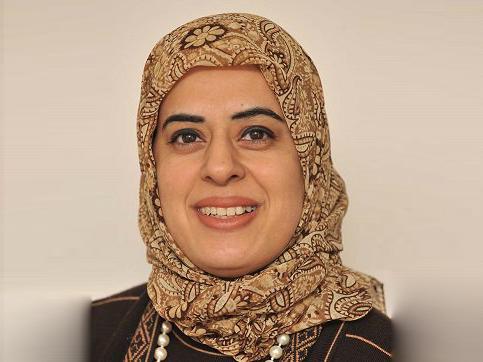
Ifath Nawaz is a local government solicitor and in the powerful Muslim women in the UK top 20. She is a former president and current executive committee member of the Association of Muslim Lawyers UK.
Have you experienced or identified any barriers to career progression specific to being a woman at any time in your career?
There are many challenges to be faced by women in the profession but I do believe the profession has come a long way in the 20 years that I have been practising.
As women take out some time in their careers for family, I have found it extremely difficult to get senior positions due to the fact that I have spent a substantial time working part time to fit around schools even though been regarded as a highly skilled lawyer in my job but when it came to senior roles apparently it is different.
There is also generally a lack of women in senior management position is across the board and until society changes we can only continue to educate and demonstrate that we are competent for such roles.
Do you think there are particular issues that affect women at the junior end of the profession?
Currently getting work is a huge issue for everyone; I have found through the AML (Association of Muslim Lawyers) many young Muslim women saying that they have found the headscarf to work against them and some who have removed it in order to progress, which is sad. As one gets older and more confident, one learns to deal with this but it can be very difficult.
The statistics about minority ethnic people and their struggles in this profession are well documented, add to that being a woman and practising your religion then the issues pretty much double but like I said, my own approach has been 'I haven’t done enough so must try harder' rather then develop any chip on my shoulder and that is an attitude that has helped me and should help others too.
How could workplace culture and working practices be better for women and particularly women junior lawyers?
More needs to be done to accommodate flexible working to fit around part time working which a lot of women do, equally important is the ongoing training and maintenance of skills of women who work part time.
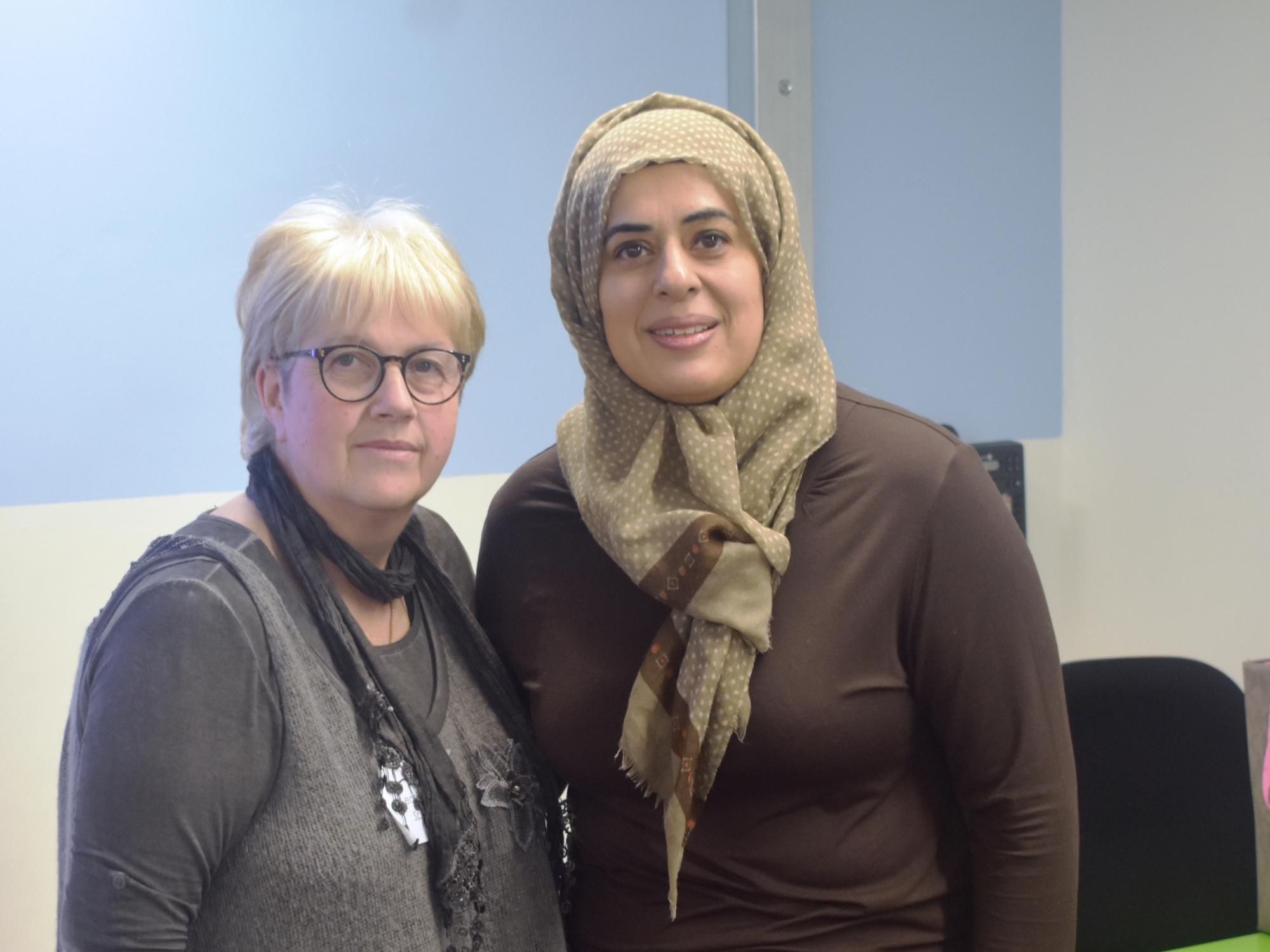
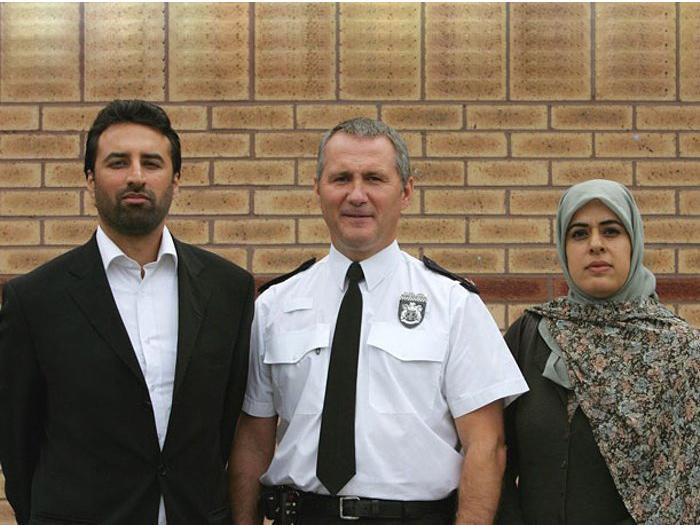
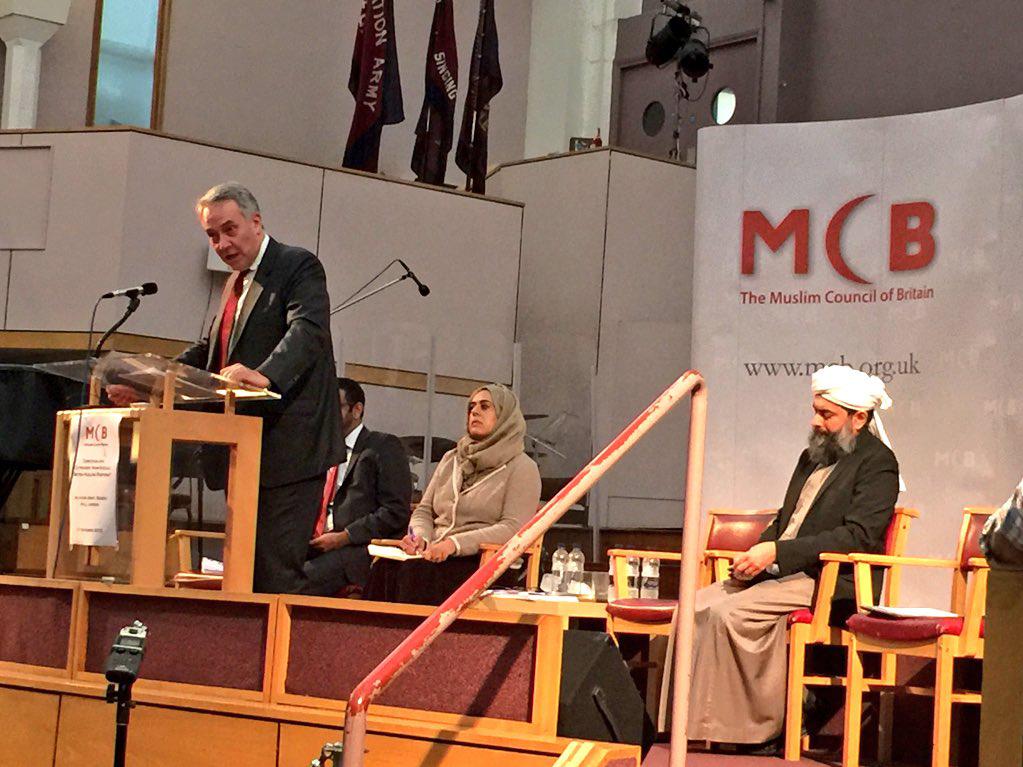
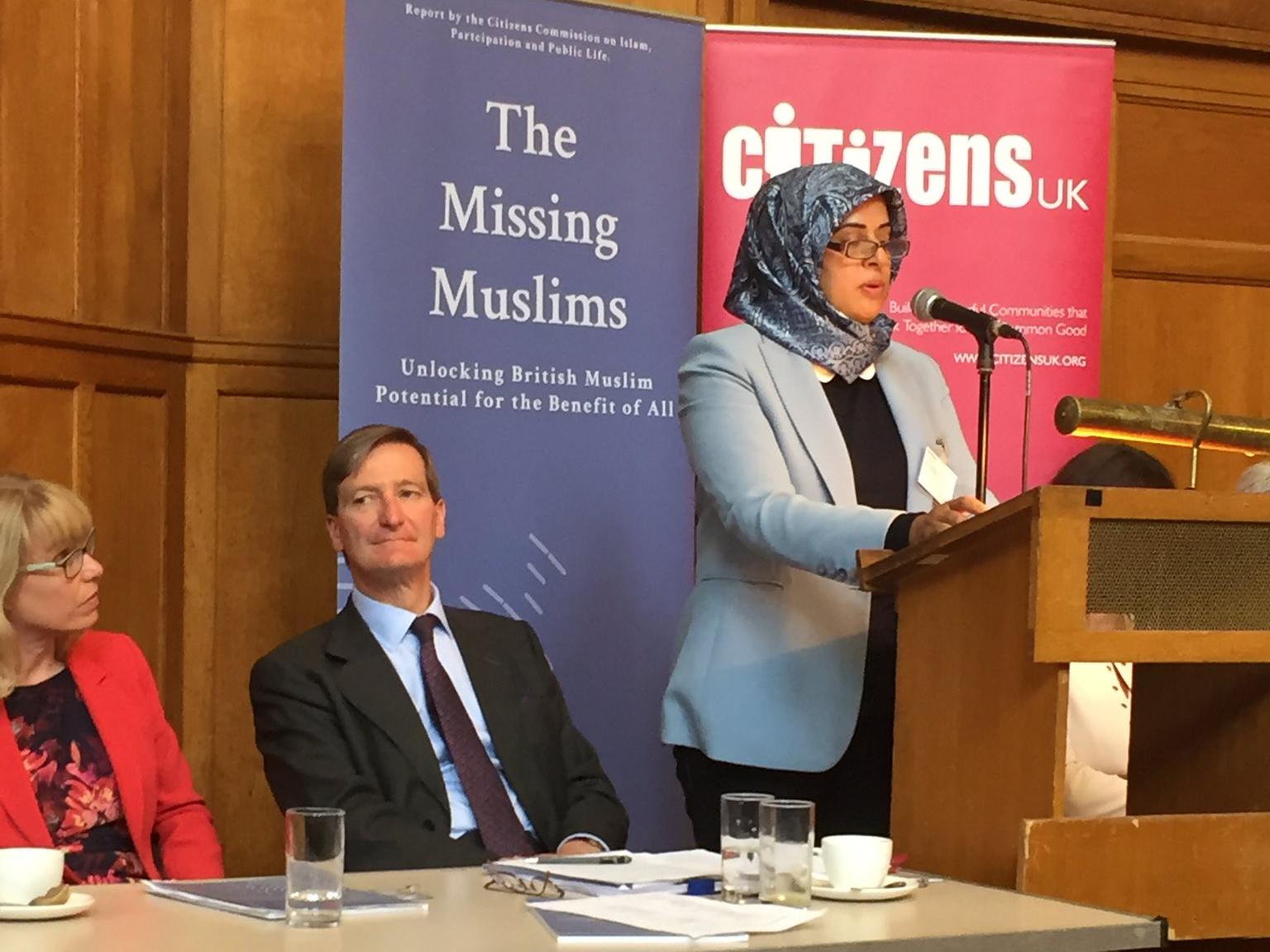
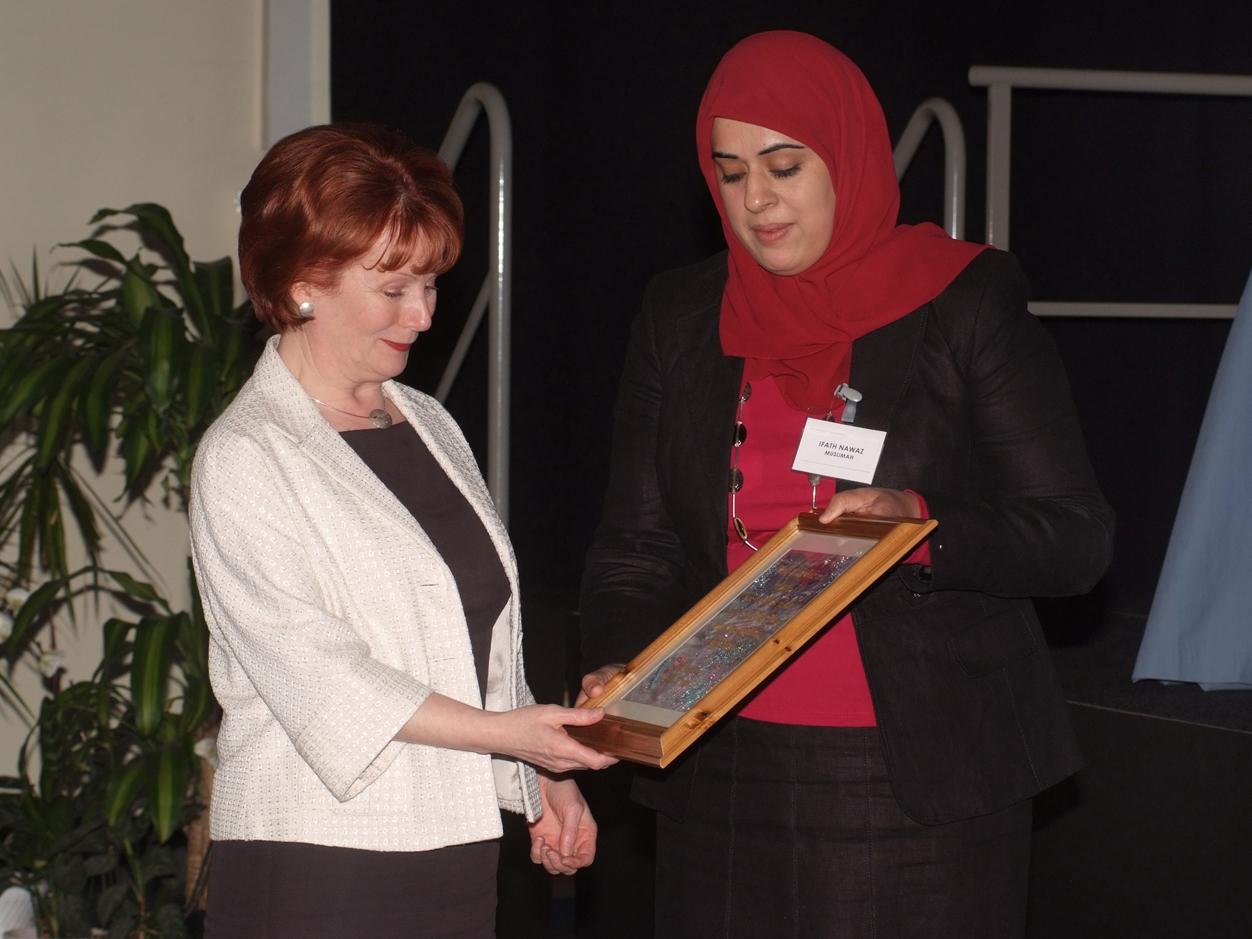
Also better working practices to enable women to do their work without being completed swamped and doing a full time job in part time hours.
What advice would you give to women who are starting out in their legal careers?
The law is a very demanding profession and they need to plan their careers carefully and not take anything for granted. It is a fact that if you take a long break from the profession it is nigh impossible to get back in at the level you left and many start all over again if at all.
It is important to network all the time and to be more rounded lawyers using their skills to publish articles, deliver training, voluntary work - this all holds good later in life and strengthens the CV.
Do you have a role model or someone who inspires you?
Persons who inspire me are the successful women lawyers who have managed to climb great heights in their professions and given back to their communities, to the younger generation and to use their legal skills for the betterment of humanity. Many fit these examples, Shammi Chakrabhatti, Baroness Waris, Yasmin Qureshi, Baroness Scotland.
Courtesy: juniorlawyers.lawsociety.org.uk